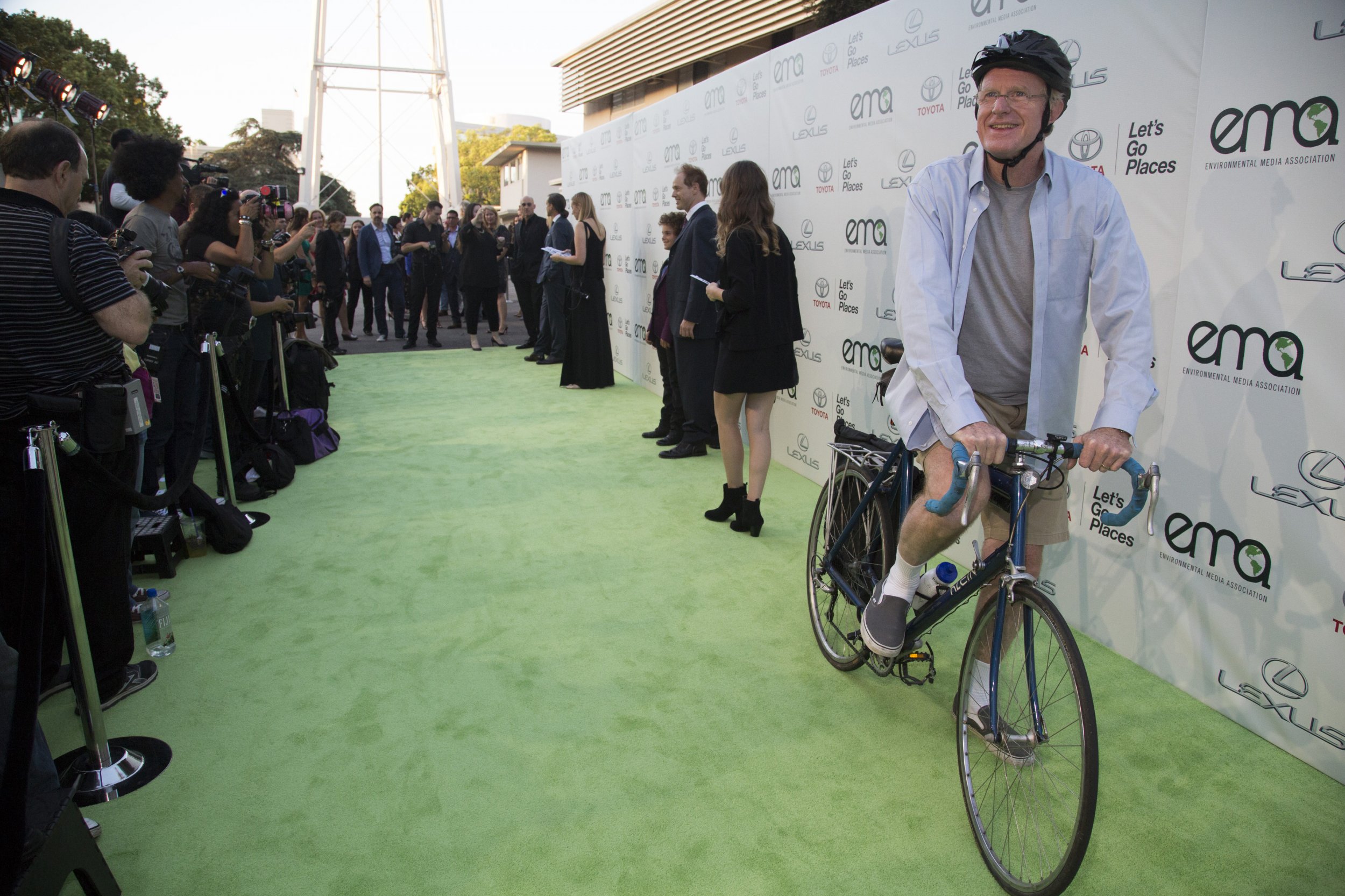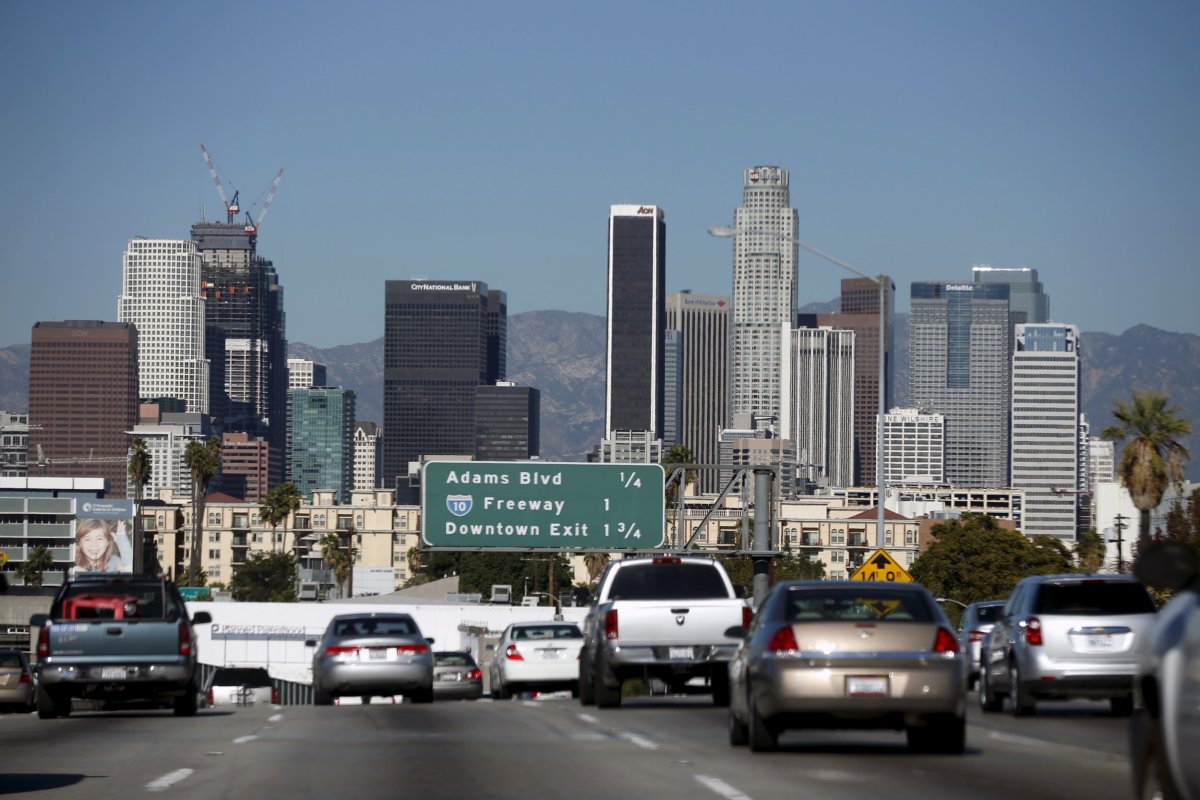
The COP21 conference on climate change runs in Paris between November 30 and December 11. Newsweek will publish a series of opinion pieces from prominent figures throughout the duration of the event.
My environmental activism dates from the first Earth Day in 1970. I started recycling that year; I became a vegetarian; I even bought my first electric car.
That was all considered pretty wacky back then, and I remember clearly the many good reasons that people would give as to why it was all a waste of time. So as we now consider serious action on climate change, it's important to note the two excuses that I've heard the most in these past 45 years:
1: There is no problem. It's all a ruse by the green groups to take away our freedom and our property rights.
2: There is a huge problem. But it's so far along that there's nothing that can be done about it.
Of course, both of those statements are incorrect. We can make a difference and have made a difference.
With the huge body of evidence on climate change, and other environmental challenges, the notion that everything is fine is baffling to me. But I do have sympathy for those who embrace the second theory, the notion that things are too far gone.
It is looking pretty bad in the final quarter, with just a few minutes on the clock. There is certainly much bad news that we could focus on: loss of many plant and animal species; acidification of our oceans; five big gyres of plastic in our oceans; loss of coral reefs; and, of course, climate change itself.
But, let's not forget our many daunting challenges back in 1970: We had killer smog in Los Angeles and many other cities that had been searing our lungs for decades. There were toxic chemicals in our waterways that had gotten so bad that the Cuyahoga River near Cleveland caught fire. (I don't know about you, but I think it's a bad sign when rivers catch fire.)
But we would not be deterred, and look what happened. Even though there are four times the cars and millions more people in Los Angeles since 1970, we only have a fraction of the air pollution that we did back then, and we did it in ways that did not harm the economy.

Neither the Cuyahoga River, nor any river in America is at risk of catching fire, as the Clean Water Act has made great progress in cleaning up our many waterways. Acid rain is much less that it was decades ago, and the ozone hole has begun to shrink and repair itself, because of our decision to make a change.
Now, with the very real threat of climate change upon us, we must act swiftly and strategically. The naysayers worry about the economic hardship. But are there not jobs making solar panels, wind turbines, electric cars, LED bulbs, double-pane windows, smart thermostats, good insulation, bicycles, and of course, public transportation?
There are more Americans working today in the solar industry than there are in the coal industry. And I can promise you these technologies work. I've owned a wind turbine since 1985, and solar power has run my house and charged my car since 1990.
My home state of California has been a leader over the years in green technology, and our economy has not suffered. Indeed, it has thrived.
As President Obama told the U.N. last fall, "Our citizens are marching. We cannot pretend we do not hear them. We have to answer the call."
Let's answer the call by attacking the problem in three important ways: Hold our elected leaders accountable; hold our corporations accountable; hold ourselves accountable by doing everything within our means to make a difference.
Ed Begley Jr. is an actor, director and environmentalist.
Uncommon Knowledge
Newsweek is committed to challenging conventional wisdom and finding connections in the search for common ground.
Newsweek is committed to challenging conventional wisdom and finding connections in the search for common ground.
About the writer
To read how Newsweek uses AI as a newsroom tool, Click here.








